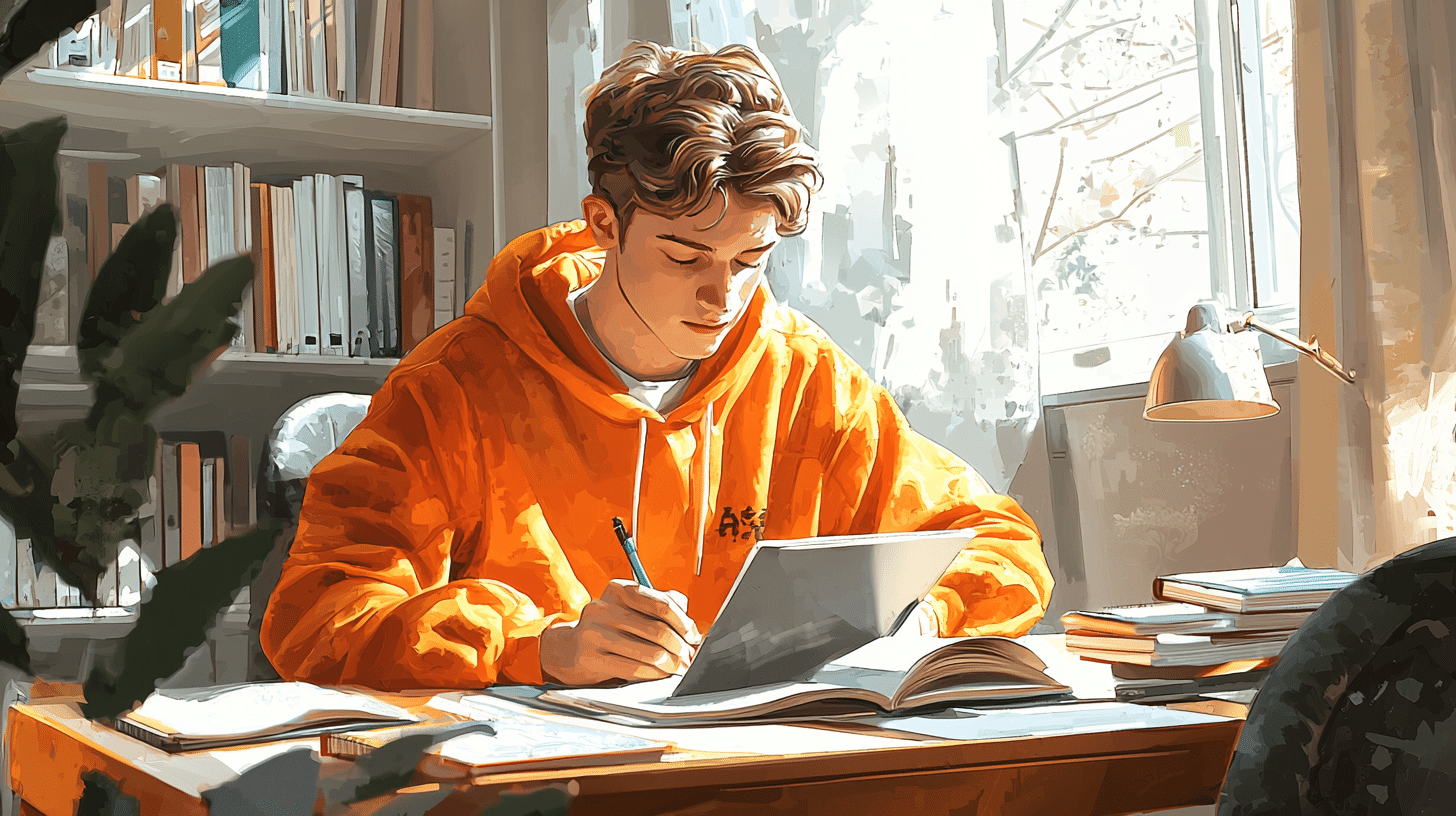
Possessive nouns in Bulgarian play a crucial role in mastering the language, as they allow speakers to indicate ownership or relation in a sentence. Understanding how to correctly form and use possessive nouns is essential for clear and effective communication. This set of exercises is designed to help learners practice and reinforce their grasp of possessive nouns in Bulgarian, ensuring they can confidently express concepts of possession and belonging. In these exercises, you will encounter a variety of scenarios and sentence structures that require the application of possessive nouns. Whether you are indicating ownership with a single noun or forming more complex possessive constructions, these activities will provide the practice needed to become proficient. By completing these exercises, you will enhance your ability to construct accurate and meaningful sentences in Bulgarian, paving the way for more advanced language skills.
1. Това е *колата* на Иван (possessive form of "car" related to Ivan).
2. Книгата на *Мариа* е много интересна (possessive form of "Maria").
3. Играчките на *детето* са разхвърляни (possessive form of "child").
4. Това е *училището* на Петър (possessive form of "school" related to Petar).
5. Дрехите на *момчето* са нови (possessive form of "boy").
6. Лаптопът на *Ана* е на масата (possessive form of "Ana").
7. Градината на *бабата* е красива (possessive form of "grandmother").
8. Това е *телефонът* на Стефан (possessive form of "phone" related to Stefan).
9. Кучето на *семейството* е голямо (possessive form of "family").
10. Къщата на *приятеля* ми е голяма (possessive form of "friend").
1. Това е *книгата* на Мария (object belonging to Maria).
2. Кучето *на* Иван е много игриво (possession of Ivan).
3. Колата *на* Петър е червена (possession of Petar).
4. Това е *домът* на моите родители (place where parents live).
5. Децата играят с *играчките* на баба си (toys belonging to their grandmother).
6. Това е *компютърът* на моя брат (device used by my brother).
7. Градината *на* съседа е много красива (possession of the neighbor).
8. Това са *дрехите* на сестра ми (items of clothing belonging to my sister).
9. Книгите *на* учителя са много интересни (possession of the teacher).
10. Това е *мястото* на нашата среща (location of our meeting).
1. Книгата на *Мари* е на масата (чие е книгата? - името на момиче).
2. Кучето на *Иван* е много игриво (чие е кучето? - името на мъж).
3. Колата на *Петър* е нова (чия е колата? - името на мъж).
4. Това е часовникът на *Алекс* (чий е часовникът? - името може да е както мъжко, така и женско).
5. Къщата на *Мария* е голяма (чия е къщата? - името на жена).
6. Раницата на *Георги* е тежка (чия е раницата? - името на мъж).
7. Телефонът на *Анна* звъни (чий е телефонът? - името на жена).
8. Дрехите на *Николай* са на стол (чии са дрехите? - името на мъж).
9. Лаптопът на *Даниел* е нов (чий е лаптопът? - името на мъж).
10. Градината на *Елена* е красива (чия е градината? - името на жена).